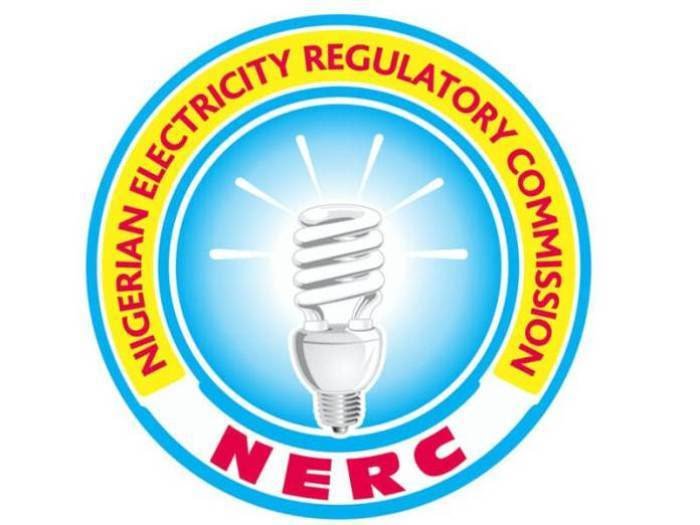The Nigerian Electricity Regulatory Commission (NERC) Wednesday adjourned its session on the Transmission Company of Nigeria (TCN) to next Monday because the Market Operator (MO), Engr. Edmund Eje, who made the presentation, was not detailed.
The session was to deliberate on the tariff for the spinning reserve for the national grid.
After making the presentation, some of the participants asked him to mention the six generating companies that had won the bid, which he said to, have won the bid.
They also asked to state why the DisCos should be the ones to pay for the spinning reserve.
But he opened up that the commission had asked him to follow “due diligence” instead of stating certain details.
It was surprised that the NERC Vice Chairman, Mr. Sanusi Garba and the Secretary Dafe Akpeneye were among those that put him to task on the details. It triggered the suspicion of who then asked him do the “due diligence.”
Meanwhile, Akpeneye told the TCN that “You need to have a detailed presentation. We don’t know who participated in the bid and the ones that were turned down. There is nothing from TCN to reach a conclusion.”
Adjourning the session, Sanusi told the participants that “TCN is not fully ready for this session. Let’s reschedule it for Monday.”
During the aborted presentation, the MO had told the session that after the committee on the spinning reserve met, it was concluded that there should be a procurement of 260mw spinning reserve. He also said that the generators met and said that the proposed tariff was not attractive. This was what necessitated the review that was presented to NERC, according to him.
Eje explained that whereas the network technically requires 10 per cent of its distribution to stabilize the gird, which is supposed to be about 400mw of the present 4000mw being distributed.
He said the NERC settled for 260mw an equivalent of N3.6billion. But after looking at the performance in the market, the TCN said it would difficult to cough out extra N3.6 billion for the spinning reserve.
The MO felt it would be comfortable to have 7.5 per (220mw) spinning reserve.
According to him, after different consultations, negotiation, eventually, the TCN selected six generators to give 220mw. They are to be put to test for six months.
He told the session that the national grid does not have a spinning reserve.
The MO explained to the session that it was necessary to have the spinning reserve in order to stabilize the grid, stressing that “power generation must be equal to power supply. Without this there will be collapse and the grid will not be stable.”
Without equilibrium in the technical part of the electricity market, said Eje, it would be impossible to get a normal frequency in the grid.







